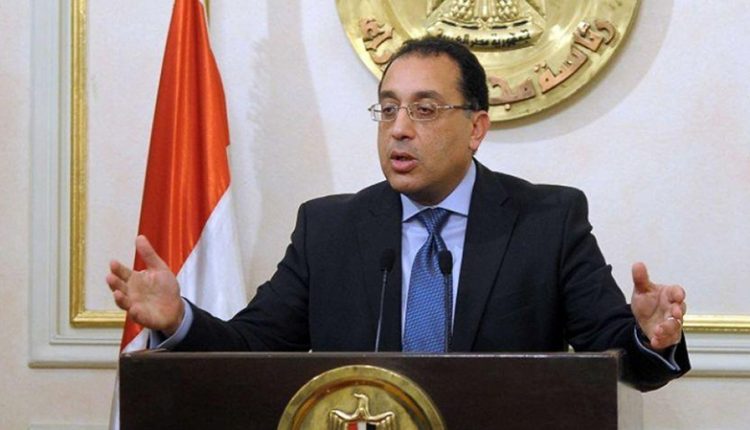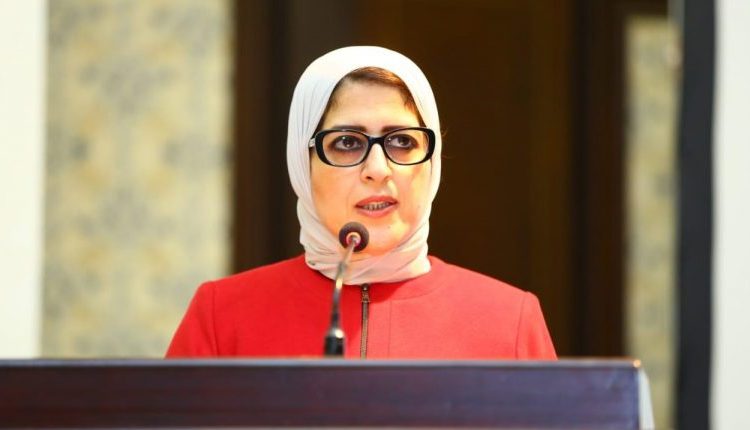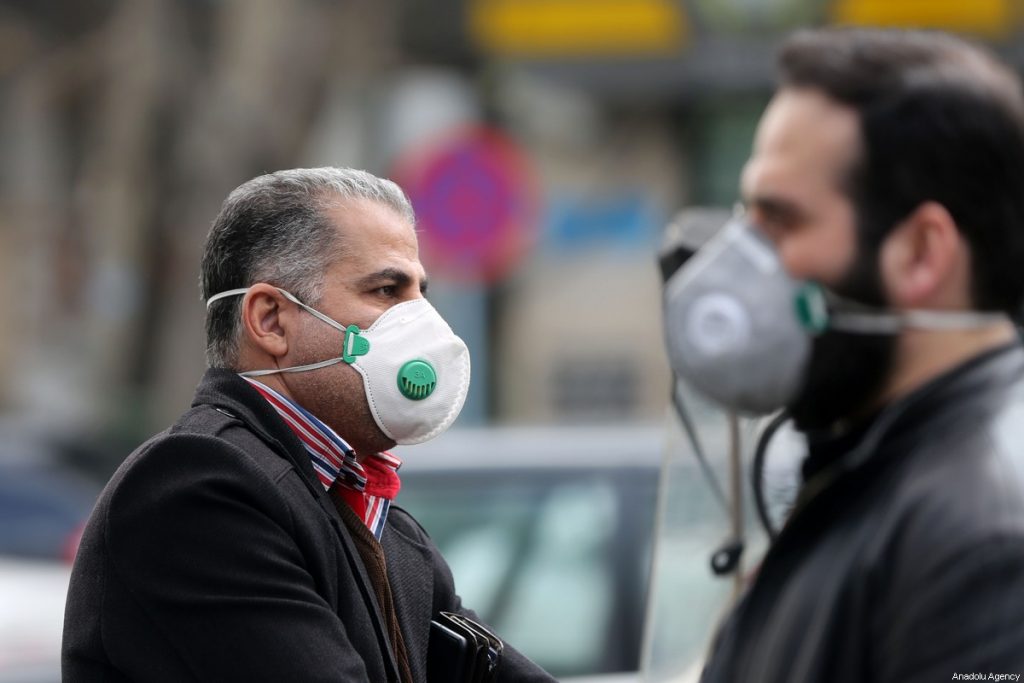Early in March, the Egyptian government implemented a number of measures in an effort to contain the spread of the COVID-19 pandemic. Two weeks later, Prime Minister Mostafa Madbouly believes that the situation is under control for the time being according to a cabinet statement.

As of Thursday, the 2nd of April, the number of recorded cases has reached 779 with a death toll of 52. The Ministry of Health revealed that 94% of cases were people over 50 years old, with 22% aged between 50-59. Some 61% of the cases were men, while women so far account for just 39% of cases, according to Enterprise.
Here are some of the measures Egypt has implemented.
Ministry of Industry issues a ban on exporting personal protective equipment
Consequential medical supplies such as ethanol, disinfectants, soap, thermometers, face masks, and medical gloves. The ban extends until the 17th of June.
Pharmaceutical companies are required to have on hand six-month supply of their products for the domestic market before exporting
Pharmaceutical manufacturers have agreed to provide proof of a six-month worth of stocks to cover the local market before getting a governmental approval for exporting.
The head of The Egyptian Council of Pharmaceutical Exports Maged George stated that the production capacity of pharmaceutical manufacturers is more than enough to cover both domestic and international markets.
EgyptAir is bringing home Egyptians on evacuation flights from all over the world
Evacuation flights from France and the United States brought citizens overseas back to Egypt. Passengers were only allowed on the airplane if they sign a pledge to quarantine themselves upon arrival. The Ministry of Immigration, headed by Nabila Makram, has previously said the government is prioritizing boarding for those stuck abroad on tourist visas.
Tahya Masr fund is to cover the quarantine expenses of returnees who have already arrived at a home unprepared for self-isolation
Citizens who returned unaware of the mandatory quarantine will be put under mandatory isolation for 14 days, which is completely covered by the Tahya Masr fund.
Ministry of Tourism releases a hotline for workers to report layoffs

On Wednesday, the Ministerial Committee for Tourism Affairs, headed by Prime Minister Mostafa Madbouly, met to discuss a package of measures to support the sector. Khaled Al-Anany, Minister of Antiquities and Tourism, announced a hotline for tourism sector workers to register complaints about unfair dismissal is to be set up.
Businesses such as restaurants, cafes, and shops renting at state-controlled tourism landmarks and youth centers will be exempted from rent
A rent holiday is being given to businesses operating at state-controlled tourism centers as well as youth centers until the COVID-19 crisis is over and the sector returns to life.
Healthcare workers receive a 75 percent increase in their monthly allowance

At a total cost of EGP 2.25 billion, the increase comes as compensation for working conditions. President Abdelfattah Al-Sisi also ordered the establishment of a risk fund for healthcare workers across the country.
The government announced an EGP 100 billion stimulus package to prevent the economy from stagnating
According to Enterprise, EGP 27.6 billion will be distributed to 10 million Egyptians funneled through the ratified Social Security and Pensions Act allowing pensioners to add a total of previous 5 raises to their pensionable pay. Although this decision would aid widowers and pensioners who represent a percentage of daily laborers, the stimulus package does not directly affect the livelihood of other daily workers.
The Minister of Social Solidarity announced the enrollment of 100,000 additional families to the ministry’s social aid program ‘Takafol W Karamah
The program had already enrolled 273,000 families at the beginning of 2020 and plans to add more in response to the crisis.
The Takafol program offers a dividend of EGP 325 to the head of the family and an additional EGP 80 for each child in the primary stage of education, EGP 100 for each child in the preparatory stage, and EGP 180 for each child in the secondary stage. On the other hand, the Karamah program offers the elderly passed the age of 65 a total dividend of EGP 425.



